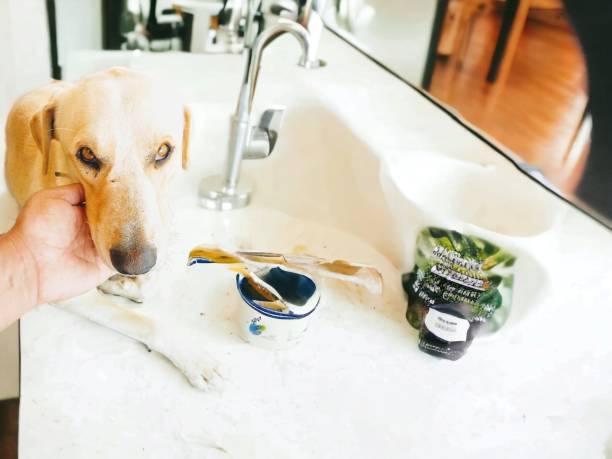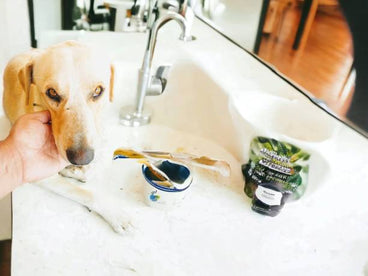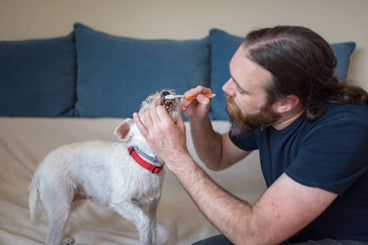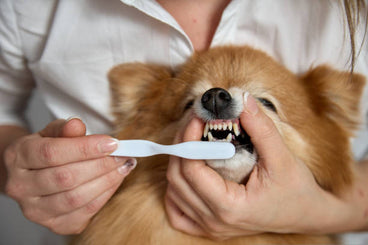Pet owners often wonder if it’s okay to use a human toothbrush on their dog, especially if they don’t have a pet-specific one handy. While a soft-bristled human toothbrush can be used occasionally in emergencies, it’s not the best choice for your dog’s long-term dental care. Human toothbrushes are made for human mouths, and dogs have very different oral structures. Using the wrong type of brush can make it harder to clean properly and may even cause discomfort for your pup.
Why Size and Shape Matter
The size and shape of a human toothbrush don’t fit well in a dog’s mouth, especially in smaller breeds. Dogs have a curved jaw and different tooth alignment, so using a brush that’s too long or too wide can be uncomfortable and ineffective. Dog toothbrushes are specifically angled and designed to reach tricky areas like the back molars. Some even have dual heads or finger brush options that offer better control and access for pet owners.
Are There Any Safe Exceptions?
If you’re in a pinch and only have a human toothbrush, choose one that’s ultra-soft and designed for infants or small children. These brushes tend to be gentler and may be less intimidating for your dog. However, this should only be a temporary solution. Investing in a pet-specific toothbrush ensures more effective cleaning and makes the routine more comfortable for your furry friend. Always prioritize what’s safest and most comfortable for your dog’s unique needs.
Shop finger toothbrushes for dogs
The Risks of Using the Wrong Brush
Using an improper brush can lead to sore gums, irritation, and even make your dog reluctant to participate in future brushing sessions. Hard bristles may cause tiny scratches or inflame sensitive tissue, which can lead to infections or bleeding. A brush that’s too big may miss important areas, leaving plaque and food particles behind. This defeats the purpose of brushing and can compromise your dog’s oral health in the long run.
Shop soft-bristled dog toothbrush
What’s the Best Option?
The best toothbrush for your dog is one made specifically for pets. These come in various sizes to match your dog’s breed, with soft bristles and ergonomic designs that make brushing easier for both you and your dog. Finger brushes are excellent for puppies or dogs new to brushing, while long-handled brushes work well for larger breeds. Finding the right fit encourages better dental habits and promotes cleaner, healthier teeth.
Conclusion: Choose the Right Tool
While a human toothbrush can work in rare situations, it’s not a substitute for a dog-specific brush. Canine toothbrushes are designed for your pet’s anatomy and oral care needs, making them more effective and more comfortable. Make the switch to a proper dog toothbrush to support your dog’s health and make brushing a smoother experience for both of you. The right tool can make all the difference.







